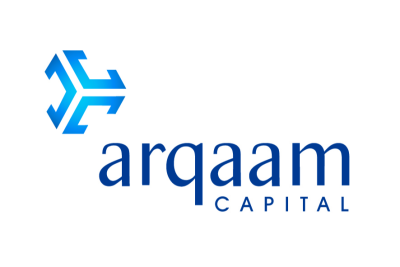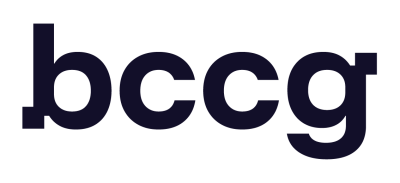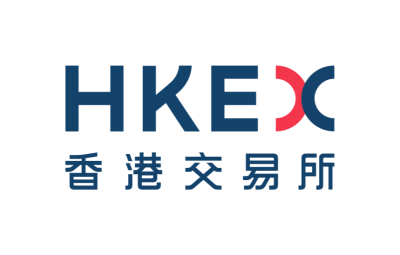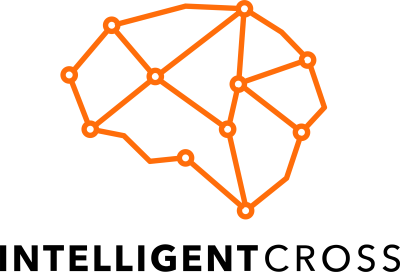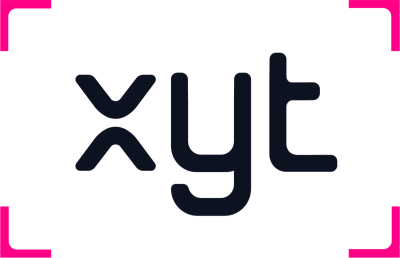TradeTech Europe 2026
21 - 23 April 2026
RAI Amsterdam
TradeTech Day Two – Thursday 26th April 2018 – Highlights
Panel Summaries
9.05am - What does the new liquidity landscape look like given European regulations and how will it impact your business?
- The market and industry overall, buy- and sell-side, prepared for and understood how MiFID II would impact them from a trading perspective very well. The shift we’ve seen is where firms are trading now - large in scale venues, periodic auctions.
- There’s a leaning towards multi-asset trading, and automation of trade flow from a cost perspective is a main driving factor. The new regulatory regime supports streamlining of order flow, operational and compliance functions.
- Technology offered by the sell-side has slowed down possibility for massive consolidation and the shutting down of businesses due to increased margin pressures.
9.45 - Leading a market making and execution services firm through a rapidly evolving landscape
- Virtu Financial’s acquisition of KCG in July last year was the market maker’s second acquisition valued over $1 billion, following its takeover of rival firm Madison Tyler in 2011.
- Virtu will seek to bring scalability, modernisation and efficiency to KCG by moving the firm’s historic strengths onto Virtu’s new technology infrastructure. It is also viewed as a way for Vitru to move upstream onto a single dealer platform.
- Cifu cautious about crypto currencies at the moment but if there is willingness to share risk between regulated exchanges and other market participants, Virtu could move to become a crypto market maker, as long as there is sufficient interest in doing so.
- Europe is now seeing the unintended consequences of MiFID II in the same way the Northern American markets did following new rules brought into play in 2005.
10:05 - The future of capital markets – disrupt or be disrupted?
- Mentions of “technology" and “digital” on earnings calls has significantly increased as financial services globally are looking to transform into technology companies - some with more success to others.
- Mobile and social technologies allow companies to connect to every person or device on the planet, and this is producing valuable data that can be processed using machine learning and AI.
- Using cloud technology allows you to focus on technology that differentiates and reduce focus on technology that doesn't, in a secure and compliant fashion.
10:25 - The Brexit briefing - where are we at with negotiations and what can we expect for 2019?
- The perception of Brexit negotiations have been severely distorted by both those in favour of leaving and those for remaining, as well as the media.
- While the priorities of the European Union are fairly reasonable with regards to trade deals, a free trade deal agreement will be much harder to achieve than most people realise. An agreement is possible for three key reasons: Bureaucratic momentum, the natural deal-making tendencies of the individuals involved, and the UK government holding a weak bargaining position.
- Historically, trade deals often seem far more important during negotiations than they do in hindsight. Trade between nations is driven by the production of goods and services, not trade deals.













